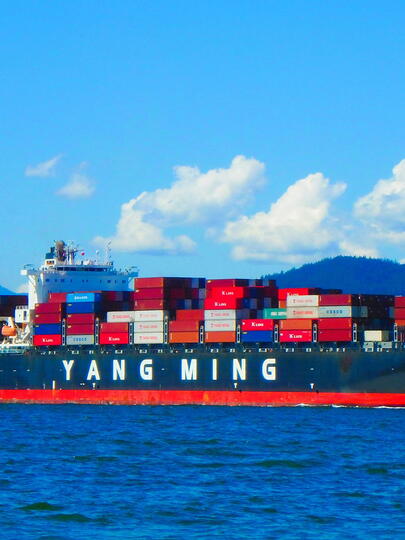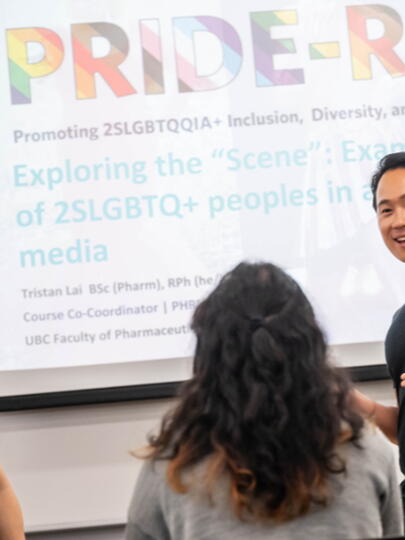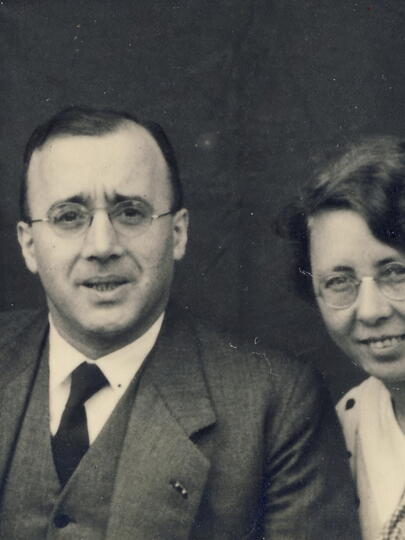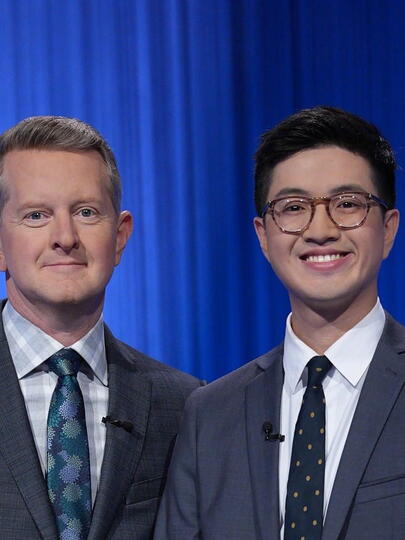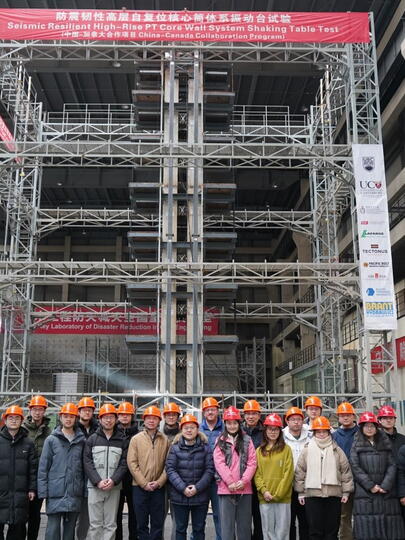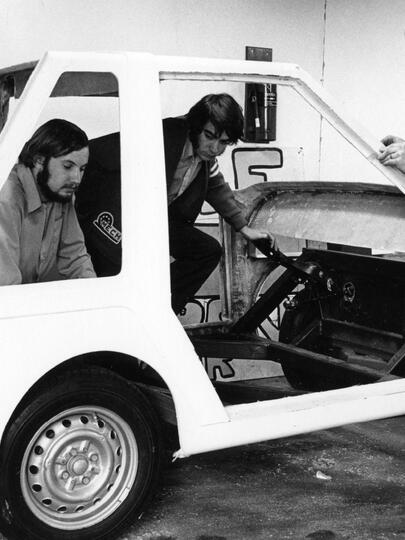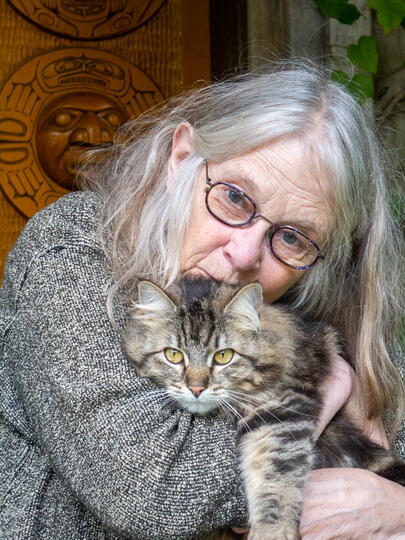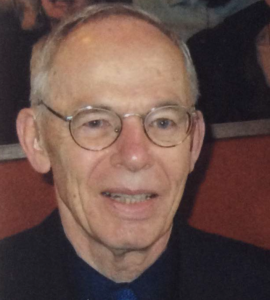In Memoriam
Alfred Stanley Barker Jr., known as Stan, had a remarkable and diverse career spanning multiple research fields. A distinguished physicist, he made many significant contributions to condensed matter physics, with his expertise centered on the optical properties of solids. The result was groundbreaking studies on lattice vibrations, electrons and surface waves in insulators and metals. In later life, his attention turned to advanced education and green energy problems, and he initiated early studies on alternate energy sources and solar energy systems.
Born on December 18, 1933, in Vancouver, Stan initially had the encouragement of his mother to follow in the footsteps of his grandfather, O. J. Todd, who was a renowned classics professor and chairman of the department at UBC. However, Stan’s formative years were greatly influenced by his five-year summer position in the Yukon Territory, where he was foreman of the Yukon Telephone Co. line-crew in charge of repairing damage produced by past winters. This exposure to the rugged and remote environment, along with the many problems posed by natural forces, not only contributed to his character and work ethic but also led him to focus his studies on the natural sciences.
He completed his BA in mathematics and physics at UBC in 1955, followed by an MSc in physics in 1957. His doctoral thesis work was carried out in physics at UC Berkeley, California, under the direction of Mike Tinkham. After receiving his PhD, he joined the technical staff of Bell Labs at Murray Hill, NJ, the powerhouse in condensed matter research, and carried out breakthrough studies on a variety of fundamental topics for the next 15 years. His central research achievements were in the areas of unusual electronic and vibrational properties of electric, magnetic and luminescent solids. Based on these pioneering experimental and theoretical works, he was elected a Fellow of the American Physical Society. Stan was also a very successful scientific collaborator, always eager to try something new, as demonstrated by his numerous research topics with associates.
In 1977, Stan shifted his research interests to the emerging field of alternative energy sources. His first effort was a wind study for the Bell Labs Advanced Energy Group, which resulted in the establishment of a 15-kilowatt windmill station on Block Island, off the New England coast.
Next, combining his focus on green energy with advanced education, he returned to Canada to become a physics professor at Simon Fraser University. At their Energy Institute, he initiated a program to develop and deploy wind measuring and recording instruments along the west coast of Vancouver Island to determine whether or not wind energy systems would be economically viable.
Later on, Stan joined the faculty of Trinity Western University (TWU) in Langley Township, BC, as a physics professor, making significant contributions to the academic community until his partial retirement in 1992, then continued to contribute to TWU part-time until complete retirement in 1998. His dedication to teaching, service to the university, warm personality and playful nature endeared him to colleagues and students alike. In 2010, he completed a memoir of his father called “Executive Dad”.
Even after retiring, Stan remained an influential figure in the scientific community. One demonstration of his continued relevance is that now, 50 to 60 years after his major scientific works were published, he continues to receive over 150 citations per year, on average, indicating a citation every two to three days from scientists around the world.
On December 20, 2022, Stan passed away after an extended battle with Parkinson’s disease. He is lovingly remembered by his wife of 68 years, Lorraine, and their extended family. His legacy lives on through his scientific contributions, his dedication to teaching, and, most of all, his impact on those who knew him.



